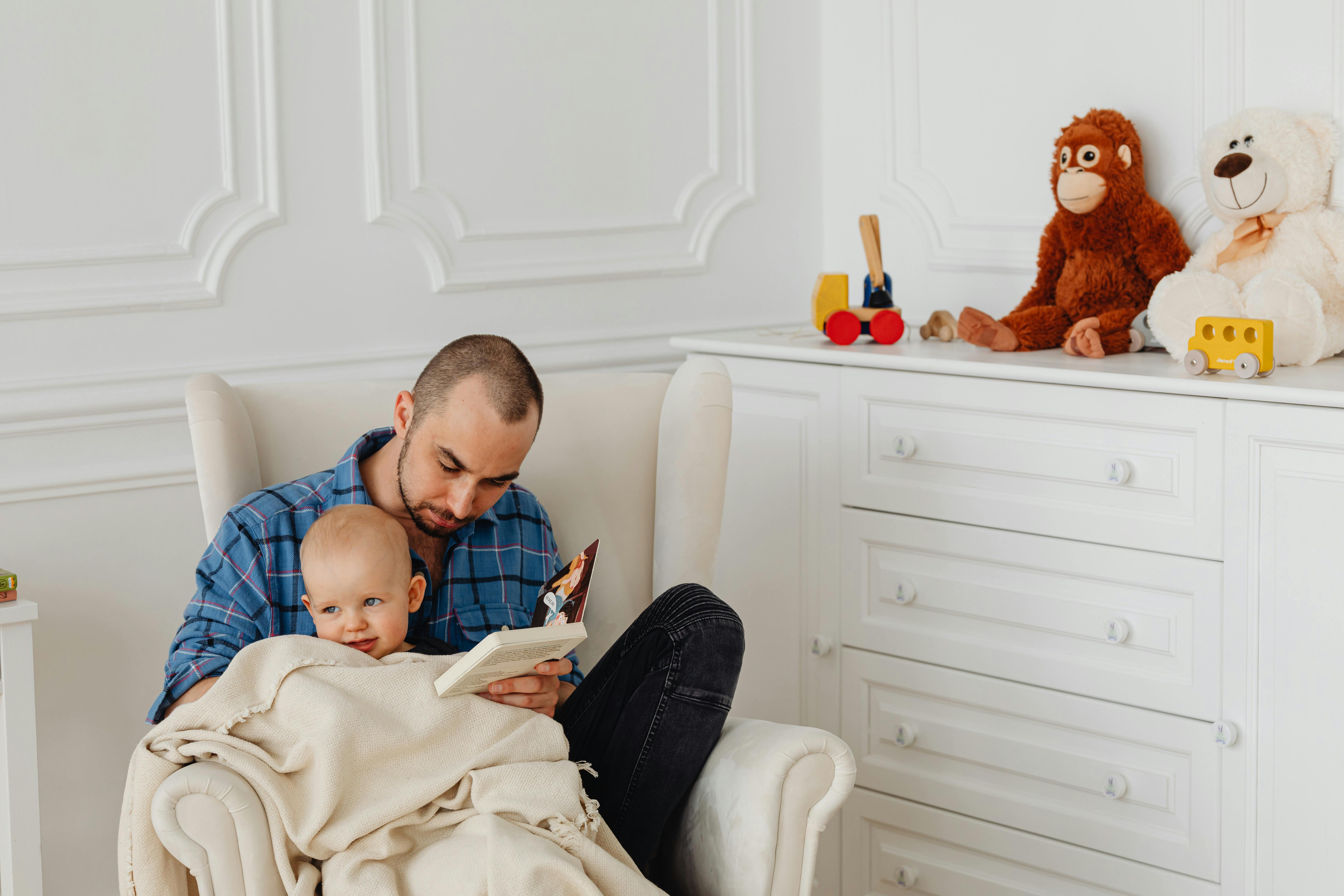Table of Contents
First Aid Kit Essentials
One of the most important aspects of emergency planning for babysitters is having a well-stocked first aid kit on hand. A basic first aid kit should include bandages, gauze pads, adhesive tape, scissors, tweezers, antiseptic wipes, and disposable gloves. It’s also a good idea to have a thermometer, fever-reducing medication, and allergy medicine in case of unexpected illnesses. Familiarize yourself with the contents of the first aid kit before starting your babysitting assignment so you’ll be ready to respond quickly in case of an emergency.
On-Demand Childcare in Your Neighborhood
Book a Sitter
Emergency Contact Information
Before the parents leave for the evening, make sure you have all necessary emergency contact information readily available. This should include the parents’ phone numbers, as well as the contact information for a trusted neighbor or family member. It’s also helpful to have the phone numbers for poison control, the child’s doctor, and emergency services like 911. Keep this information in a visible place, such as on the fridge or by the phone, so you can access it quickly if needed.
Fire Safety Preparedness
Another key aspect of emergency planning for babysitters is being prepared for a fire emergency. Make sure you know the layout of the home, including the location of all exits and fire extinguishers. Discuss with the parents where the fire extinguisher is located and how to use it. Practice a fire drill with the children so they know what to do in case of a fire. Make sure they know to crawl low under smoke and to touch doors before opening them. Being prepared for a fire emergency can save lives in a critical situation.

Severe Weather Planning
In many regions, severe weather events like thunderstorms, tornadoes, or hurricanes can pose a threat to children and babysitters alike. Make sure you know the emergency procedures for severe weather in the area where you are babysitting. Identify the safest location in the home, such as a basement or interior room, where you can take shelter in case of a tornado or severe storm.
Have a battery-powered weather radio on hand so you can stay informed about developing weather conditions and be prepared to take action if necessary.
Home Security Measures
Lastly, babysitters should also be mindful of home security measures to ensure the safety of themselves and the children in their care. Make sure all doors and windows are locked securely when you arrive at the home and keep them locked while you are there. If the home has a security system, familiarize yourself with how to arm and disarm it. Be cautious about who you allow into the home, and never leave the children unattended with someone you don’t know well. By taking these precautions, you can help ensure a safe and secure environment for the children you are babysitting.
In conclusion, emergency planning is a critical aspect of being a responsible babysitter. By following these essential tips and staying prepared for any situation, you can provide a safe and secure environment for the children in your care. Remember to stay calm and collected in an emergency, and rely on your training and preparation to guide you through difficult situations. Being proactive about emergency planning will give both you and the parents peace of mind, knowing that the children are safe and well cared for in your hands.










